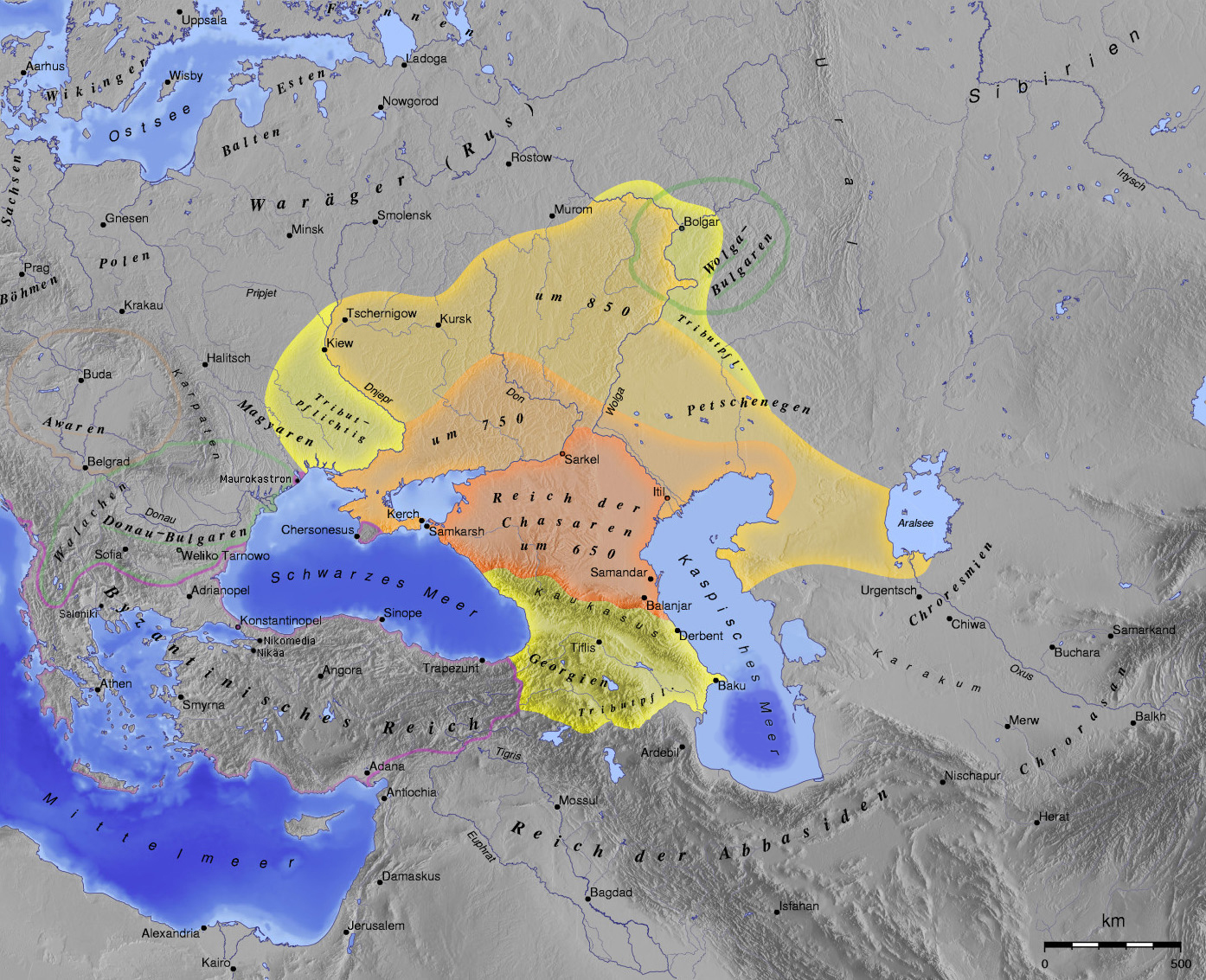
Lecture by dr Stefanos Kordosis at the University of Wrocław
The Institute of Classical, Mediterranean and Oriental Studies of the University of Wrocław invites you on Thursday, May 11, at 5.00 p.m., ul. św. Jadwigi 3/4, room 101, for a lecture by dr Stefanos Kordosis (History of Central Eurasia (from the Black Sea to China, School of Humanities, Social Sciences and Economics, International Hellenic University) entitled: From “Καῖσαρ Ῥώμης” [ Kaisar Romes] is “ϕρoµo κησαρo” [fromo kesaro]: The Khazar Connection Between Byzantium and Early Medieval Bactria (Tokharistan) in the Era of the Islamic Expansion in Central Eurasia (7th – 8th c. CE).
The topic will be the role of the Khazars as a link between the Buddhist kingdoms of Central Asia (mainly of the Kapisa Province near present-day Kabul in Afghanistan), and the Eastern Roman Empire with its capital in the former Byzantium, then Constantinople. On the eve of the final takeover of Central Asia by the Umayyad and Abbasid Muslim caliphates, a geopolitical game took place there, resembling the later ‘Great Game’ between Russia and the British Empire. The only link between Constantinople and its potential anti-califatic allies in Central Asia were the Khazar and Turkish khaganates. They communicated with each other through the so-called steppe corridor, sometimes called the steppe highway, which enabled easy travel between Hungary and Manchuria. Easy, if the political conditions, and the kindness of the states and people controlling the steppe allowed it.
The medieval ‘Great Game’ or ‘Great Hunt’ in Central Asia was finally decided in favor of the Muslims, who defeated the army of the Chinese Tang dynasty, a protector and ally of the Central Asian states, on the Talas River in 751.
The memory of this extraordinary epoch of global (on the scale of the Old World) Nubian-Roman-Turkish-Buddhist-Chinese and Arab-Tibetan political blocs are silver dirhams won from Muslims by King Kapiśa, who stamped on them his own name — Fromo Kesaro, i.e. Caesar of Rome.
https://www.facebook.com/events/633160368234937?ref=newsfeed
Translated by Milena Topolska (student of English Studies at the University of Wrocław) as part of the translation practice.



